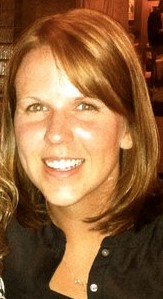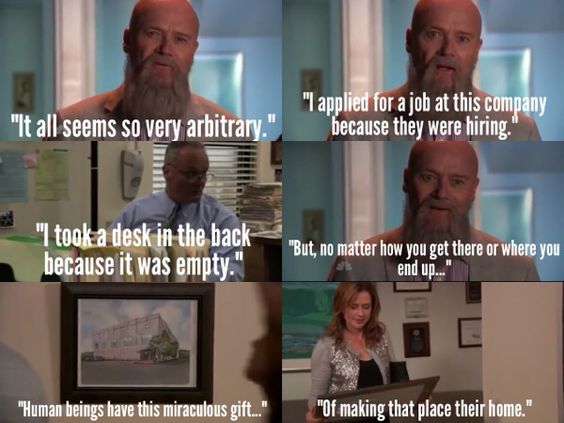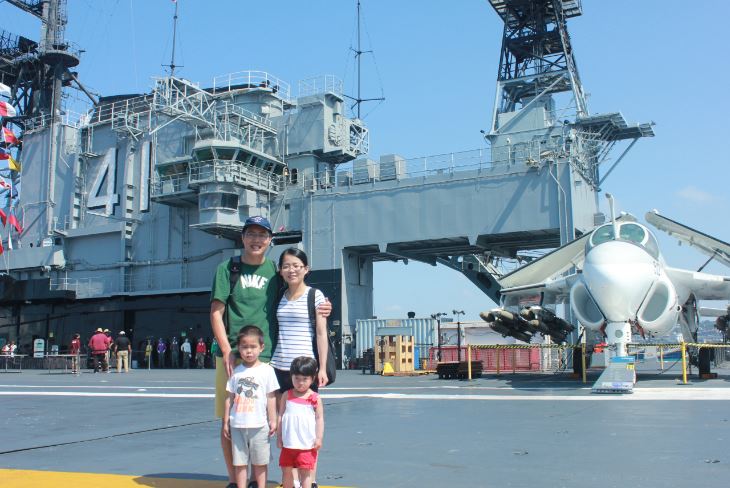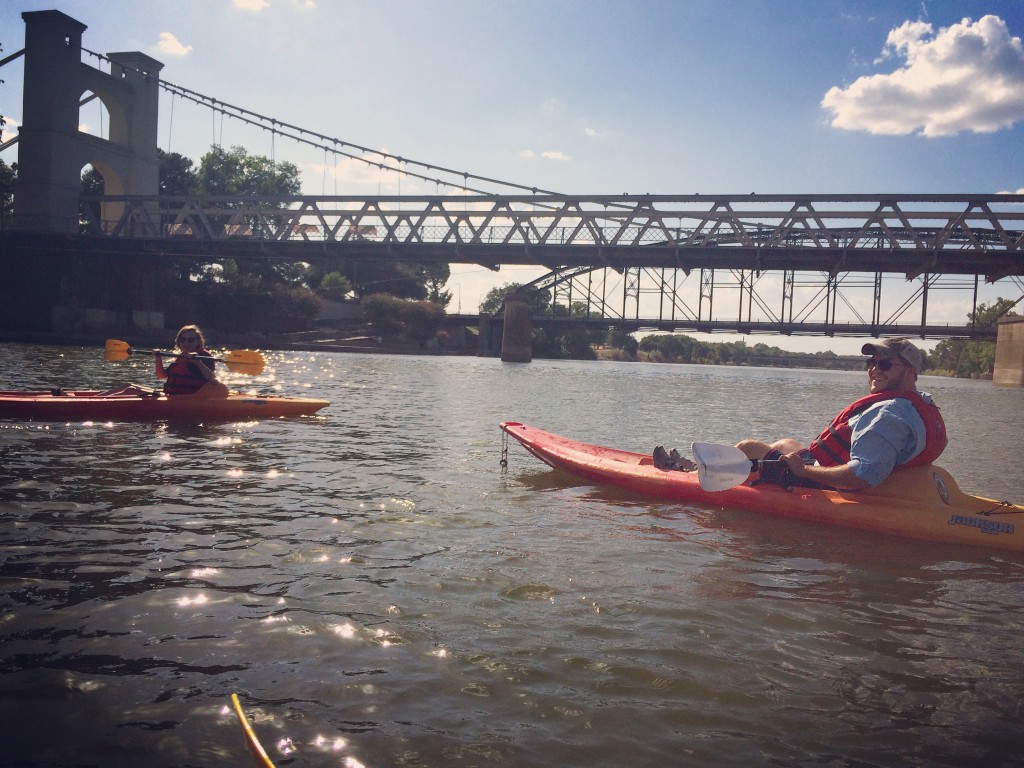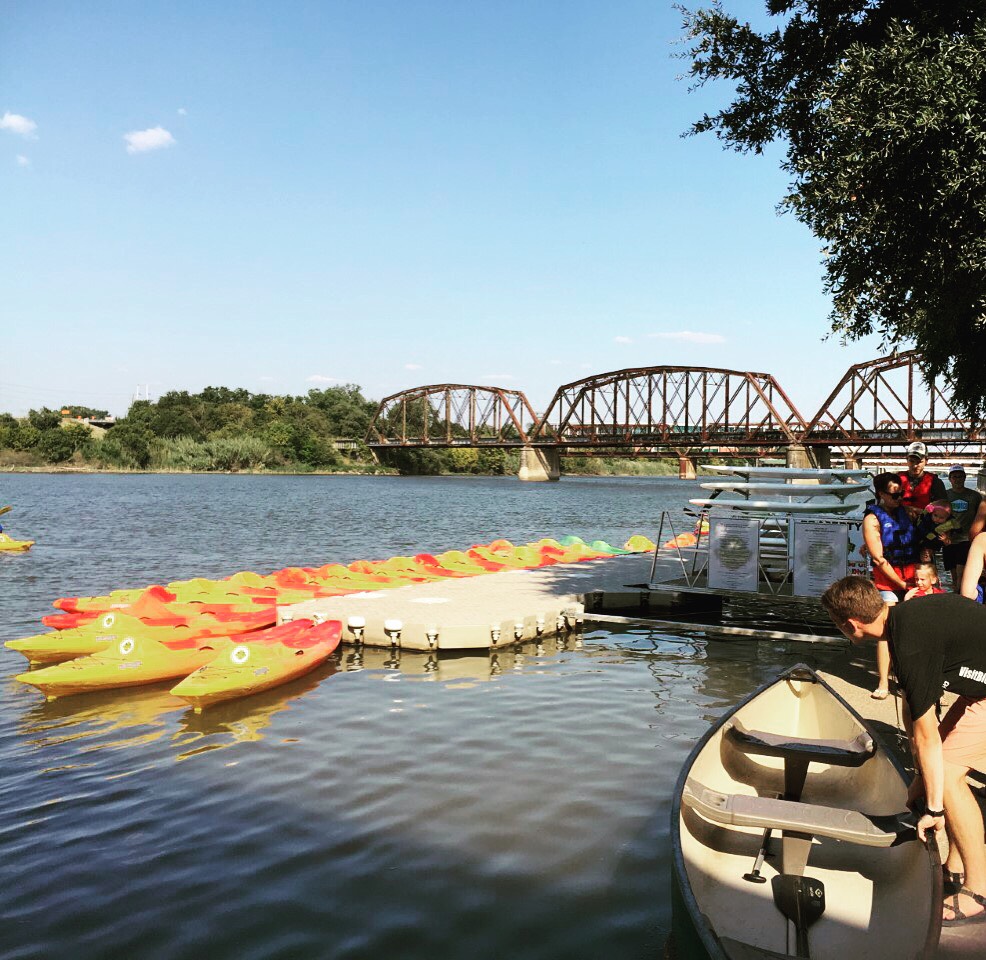Talking with Bears is a series where we take a few minutes each week to talk to some of the current graduate students at Baylor and discuss their experience at the university and in Waco.
Hometown: Houston, Texas
Undergraduate Degree: B.S. in Nutritional Sciences
Undergraduate University: Baylor University
Graduate Degree: Ph.D. in Curriculum & Instruction
Graduate University: Baylor University
Year of Graduation: August 2015
What was the biggest factor that persuaded you to attend Baylor for graduate school? And to come back to teach?
I attended Baylor for my undergraduate, masters, and doctoral degrees. I did leave Waco for a few years after finishing my undergraduate degree; I moved to Oklahoma City to complete a dietetic internship and to work as a dietitian. After working in a hospital as a clinical dietitian for about two years, I realized that wasn’t my “calling” or passion in life. I had always thought I would enjoy teaching and education. After much thought and prayer, I decided to move back to Waco to complete the Strickland Scholars program, a combined masters and teacher certification program in Baylor’s School of Education. After completing that program, I taught high school science at West High School and then Rapoport Academy. I decided to pursue a Ph.D. as a way to grow professionally as an educator. I looked around at other programs, but I decided to stay in Waco and to attend Baylor’s program because this allowed me to continue teaching at West and then Rapoport. (I taught high school at least part-time for the duration of my doctoral program. The classes are all offered at night, and so this allowed me to teach during the day.)
I finished my doctoral degree in August 2015. For the 2015-2016 school year, I continued teaching at Rapoport Academy and also taught a night class at Baylor as an adjunct instructor. My plan was to continue teaching at Rapoport for another year or two, really taking my time in the search for a job in higher education. However, that plan changed when Dr. Suzanne Nesmith (my mentor professor) contacted me in the Spring of 2016 to see if I might be interested in a position as a visiting lecturer in the School of Education. My responsibilities in this position include supervising student teachers and teaching science methods courses.
What was one thing that surprised you about graduate school at Baylor?
I was surprised by how willing the professors were to work with and mentor graduate students.
If you had to describe your graduate school experience in three words, what would they be?
Rewarding, diligence, community.
What activities were you involved with outside of the classroom?
As I mentioned above, I taught high school science at least part-time for the duration of my doctoral program. For the first two years, I taught full-time at West High School. For the last three years, I taught part-time at Rapoport Academy. When I was teaching part-time at Rapoport, I also had a graduate assistantship with Dr. Nesmith. The combination of being a teacher, student, and GA took up most of my time; however, I do think that it is very important to try to maintain some type of balance. For me, that meant working out regularly and being involved at my church.
What does your average Saturday look like now as compared to when you were a graduate student?
Saturdays are a lot more relaxed and low-key now. During the work week, I focused most of my attention on preparing for my teaching responsibilities and completing GA tasks. So the weekends were when I focused on my graduate course work. I was up pretty early on Saturdays to get started on that. I’m definitely enjoying sleeping in and relaxing on the weekends now.
How has the city of Waco impacted your time here?
With the exception of the three years that I lived in Oklahoma City, I’ve been in Waco since 1999 when I started my undergraduate years at Baylor. It’s been so exciting to see the changes that have taken place in Waco during that time. Growing up in Houston, Waco initially felt too small to me. Waco has grown on me throughout the years though, and now I can’t imagine myself in a big city.
What is your go-to lunch spot in Waco?
If you could give one piece of advice to prospective graduate students that are interested in Baylor, what would it be?
Go for it! You won’t regret it! The combination of Baylor’s Christian environment, top-notch graduate programs, small classes, and excellent professors provides for a great graduate school experience.
Compiled by Matthew Doyen
